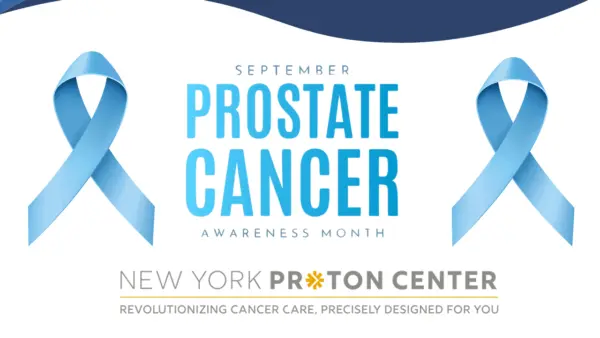
Prostate Cancer: Early Detection Matters
Prostate cancer remains one of the leading health concerns for men. Regular screenings—such as the prostate-specific antigen (PSA) test and digital rectal exam (DRE)—are key to saving lives.
Why Screen?
-
Early Detection Saves Lives: Prostate cancer is far more treatable when found early, often before symptoms appear.
-
Lower Mortality: Screenings help catch silent progression, significantly reducing the risk of death.
-
Personalized Care: Detecting cancer early allows for tailored treatments, from active monitoring to surgery or radiation, often with fewer side effects.
-
Knowledge is Power: Men can better understand their risks based on age, family history, and race, leading to smarter health decisions.
-
Broader Health Benefits: Screenings often spark important discussions about overall health, uncovering issues like heart disease or diabetes.
Bottom Line:
In 2025, regular prostate cancer screenings remain one of the most effective ways for men to protect their health, extend survival, and maintain quality of life.














